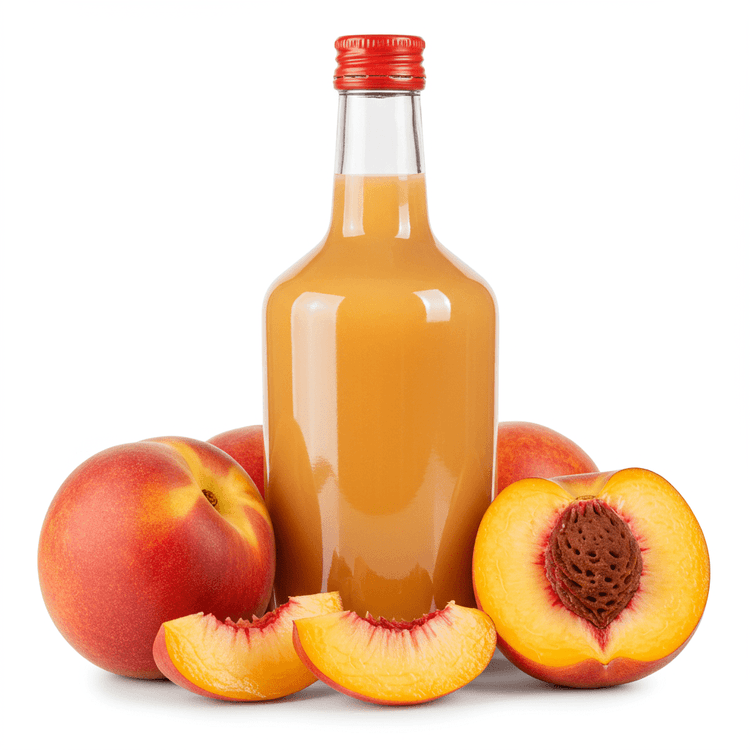Alcoholic Beverage
Alcoholic beverages, a staple in many cultures, encompass a wide range of drinks from beer and wine to spirits like whiskey and vodka. While enjoyed socially and culturally for centuries, understanding their nutritional profile and potential health impacts is crucial. It's important to note that moderation is key, and excessive alcohol consumption carries significant health risks. This discussion is intended for informational purposes and does not encourage or condone excessive drinking.
In general, alcoholic beverages offer minimal nutritional value. They primarily provide empty calories, meaning they contribute calories without offering significant vitamins, minerals, or antioxidants. Beer, depending on the type, may contain trace amounts of B vitamins and minerals like potassium and magnesium, but these are not present in substantial quantities. Wine, particularly red wine, contains resveratrol, a polyphenol antioxidant linked to potential cardiovascular benefits. However, the amount of resveratrol in wine is relatively low, and obtaining it from other sources...

Apricot Brandy

Cherry Liqueur

Orange Liqueur

Orange Liqueur

Orange Liqueur

Peach And Roselle Sparkling Wine

Peach Liqueur

Vermouth
Chefadora AI is here.
Experience smarter, stress-free cooking.
Marnirni-apinthi Building, Lot Fourteen,
North Terrace, Adelaide, South Australia, 5000
Australia
